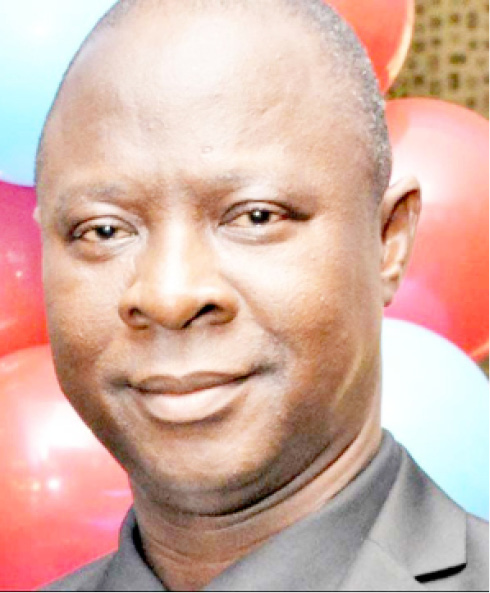Stop fuel subsidy now, NECA urges FG
The Nigeria Employers’ Consultative Association (NECA) has again expressed concern at the unsustainable fuel subsidy regime and the burdensome debt profile of the nation and hence urged the Federal Government to put a stop at it. Speaking in Lagos, the director-general, Mr. Timothy Olawale, said the fuel subsidy regime has proved to be unsustainable and […]

DG, NECA, Mr. Timothy Olawale
The Nigeria Employers’ Consultative Association (NECA) has again expressed concern at the unsustainable fuel subsidy regime and the burdensome debt profile of the nation and hence urged the Federal Government to put a stop at it.
Speaking in Lagos, the director-general, Mr. Timothy Olawale, said the fuel subsidy regime has proved to be unsustainable and a major leakage in national revenue mobilization.
NECA is an association of private employers in Nigeria.
“A former CBN governor recently stated that in 2011, the country made $16 billion from petroleum sales and spent $8.2 billion to subsidize imported petroleum products. Despite past sound counsel, government has refused to demonstrate the political will needed to deregulate the downstream sector of the oil and gas industry. The non-deregulation of the petroleum sector has fuelled the continued dependence on offshore sources for petroleum products, perennial supply shortage of petroleum products and unimaginable corruption in the management of the subsidy dispensation. These remained a major concern for organized businesses,” he said.
Giving insight into the need for urgent deregulation of the downstream oil sector, Olawale stated that “over the last decade, the country has spent over N9 trillion on fuel subsidy, about N15.5 trillion on capital expenditure, N2.1 trillion on health and about N3.9 trillion on education. This is a misplacement of priority and shows that critical developmental items such as education, health and infrastructure have suffered due to the expenditure on fuel subsidy.
He also said “the fuel subsidy regime has succeeded in creating phony and emergency billionaires at the expense of millions of pauperised Nigerians.
Olawale further expressed concern at the growing debt stock of the Nation with huge percentage of the budget, over the last decade going to debt servicing.
He opined that “borrowing could have been permissive, given the state of the economy in 2015 but not to the clearly humongous level it has turned out to be. Incurring debt for developmental purposes is not in question, but the over 24.39 trillion debt stocks, taking over 20% of annual national budget to service should be enough source of worry. Though the argument of debt to GDP ratio is tenable, the IMF warned that Nigeria’s Debt-to-GDP ratio, though good, is risky and cannot be guaranteed going forward.”
He called on government to manage the rising debt profile, both at the states and federal levels as the trend portended a gloomy future for the nation.
